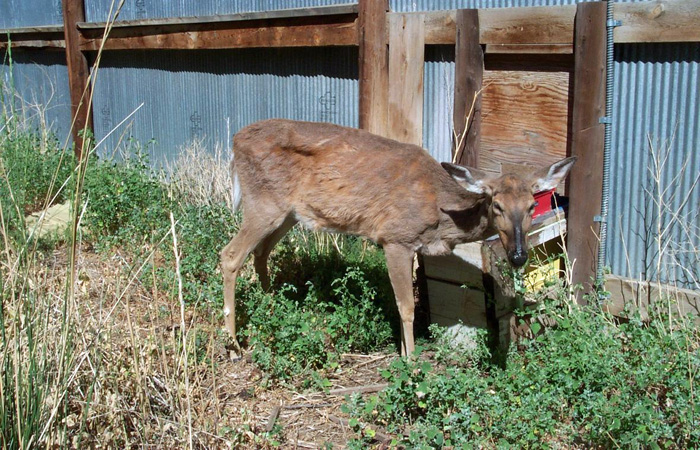Manitoba Agriculture and Resource Development advises that additional steps are being taken as part of the provincial emergency response to the discovery of chronic wasting disease (CWD) in Manitoba.
Following the discovery of CWD in Manitoba the province moved swiftly and decisively with a number of measures aimed at containing and stopping the spread of this fatal and highly contagious disease amongst members of the deer family (deer, elk, moose and caribou). Following a temporary hunting ban, the province’s plan is now moving to the next phase of control, which will include a special, local community deer hunting opportunity in the temporary CWD containment zone.
Starting Nov. 26 and ending Dec. 12, 2021 a controlled, local landowner and local Indigenous hunting opportunity for mule deer and white tailed deer will occur. Hunters and harvesters will need a special permit, which can be obtained from the Roblin District office.
Hunters, harvesters and local landowners continue to have an important role to play in the containment of this deadly disease. Manitoba currently has a mandatory submission zone for all licenced hunter-harvested cervids. Hunters are required to submit samples from animals harvested within this zone and drop-off depot locations can be found all over the province.
Regular communication and updated information is important for CWD awareness, education and public action. More information, including fact sheets and answers to frequently asked questions is available online, and will be updated regularly. This includes details on where and how to submit a sample for CWD testing, submission information, hunter CWD sample test results and the most recent updates. The site will evolve and provide Manitobans with easily accessible, up to date information. The site can be found at gov.mb.ca.
CWD is a fatal disease that affects members of the deer family, including white-tailed deer, mule deer, elk, moose and caribou. Animals infected with CWD may appear healthy until the later stages of the disease, and while CWD is not known as a human health risk, meat from a CWD infected animal is not recommended for consumption. Hunters active in areas where CWD has been detected should have their harvested animal tested, practice safe carcass handling protocols and will be notified immediately if their animal has tested positive for CWD.
For more information, visit gov.mb.ca. Hunters with concerns or questions about an animal that has been harvested can contact the province by calling 1-800-214-6197.




